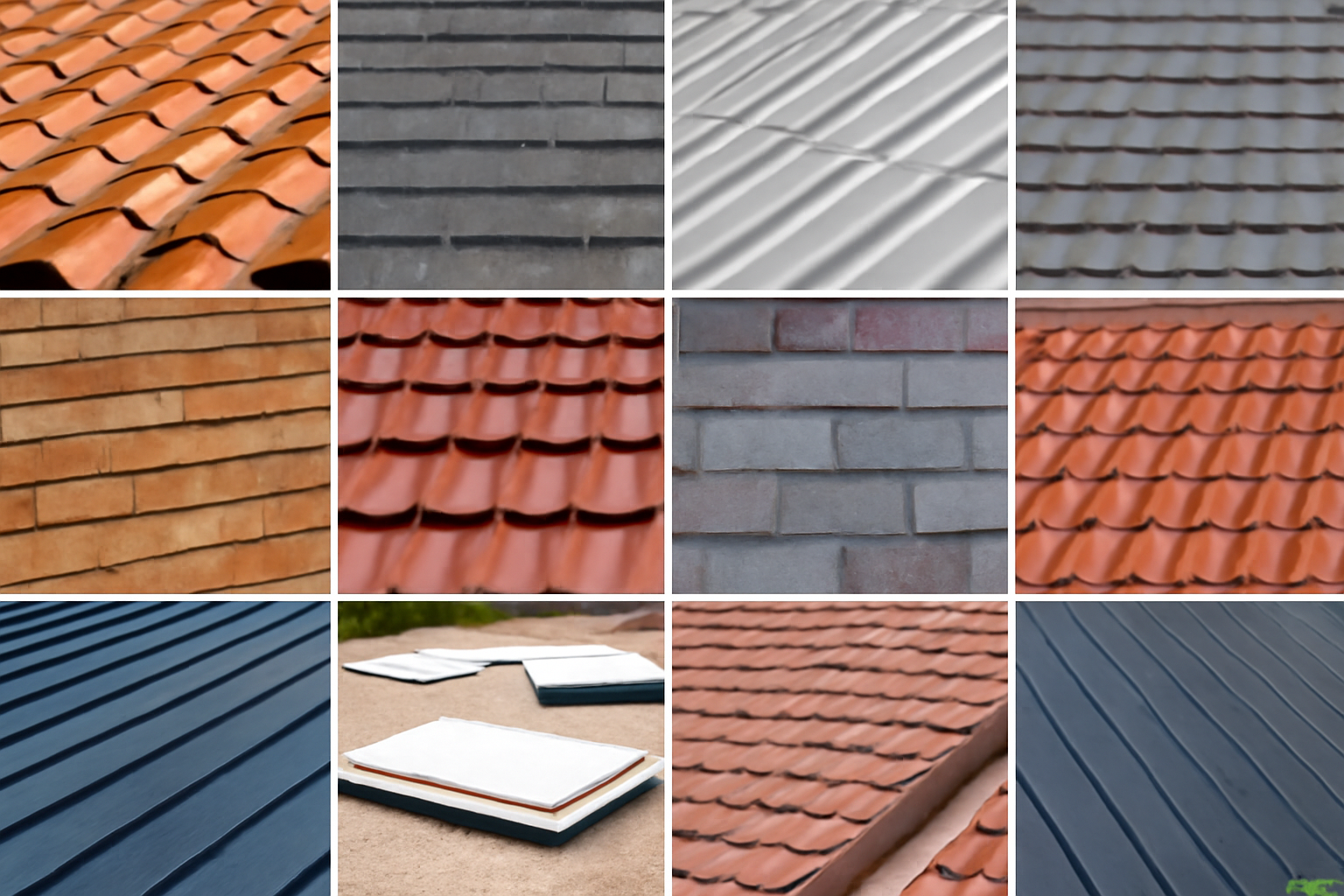Understanding Roof Installation: Types, Costs, and What to Consider
Investing in a new roof is a significant decision for any homeowner. It's crucial not only for the aesthetic appeal of your house but also for protection against the elements. To make an informed decision, it's essential to understand the different types of roofing materials available, the costs involved, and the installation process.

Types of Roofing Materials
There are various roofing materials to choose from, each with its own advantages and potential drawbacks. The most common types include:
- Asphalt Shingles: These are the most popular roofing material in the United States due to their affordability and ease of installation. They are available in a range of colors and styles, offering versatile design options for homeowners. Asphalt shingles typically last 20-30 years, but their longevity can be affected by weather conditions and maintenance.
- Metal Roofing: Metal roofs are known for their durability, often lasting 40-70 years. They can withstand harsh weather conditions and are resistant to corrosion and cracking. Metal roofing is also energy-efficient, reflecting heat and potentially lowering cooling costs. However, they are more expensive than asphalt shingles and can be noisy during rainstorms unless proper insulation is installed.
- Wood Shakes and Shingles: Ideal for those looking for a natural and rustic appearance, wood shakes and shingles provide an attractive finish. Typically made from cedar, redwood, or pine, they can last around 30 years with proper maintenance. This type of roofing requires regular upkeep to prevent issues such as mold and rot.
- Clay and Concrete Tiles: These tiles are favored for their aesthetic appeal and longevity. They can last over 50 years and are highly resistant to damage from harsh weather and fire. However, clay and concrete tiles are heavy and may require additional structural support, which can increase installation costs.
- Slate Roofing: Known for its distinctive appearance, slate is a highly durable material that can last over 100 years. Slate roofing is resistant to mold, fire, breakage, and severe weather. Despite its longevity, slate is one of the most expensive roofing options available due to its weight and the skill required for installation.
Costs of Roof Installation
The cost of roof installation varies significantly depending on the material chosen and the size of the roof. Here's a rough estimate of costs per square foot for common roofing materials:
- Asphalt Shingles: $1.50 - $5.50
- Metal Roofing: $5.00 - $12.00
- Wood Shakes: $6.00 - $9.00
- Clay or Concrete Tiles: $10.00 - $18.00
- Slate: $15.00 - $30.00
Factors Affecting Roof Installation Costs
Apart from the material costs, several other factors can affect the overall expense of roof installation:
- Roof Size and Pitch: Larger roofs or those with a steep pitch are more complex and may require additional labor and materials, increasing costs.
- Labor: The cost of labor varies by region. Ensure you hire reputable contractors who provide a detailed estimate.
- Old Roof Removal: If a new roof is being installed over an existing one, removal of the old roof may incur additional costs.
- Permits and Inspections: Local building codes might require permits and inspections, adding to the cost.
Making the Right Choice
Choosing the right roofing material involves balancing your budget with your aesthetic preferences and long-term goals. Consider the climate in your region, the architectural style of your home, and the level of maintenance you're willing to undertake. Consulting with a professional roofing contractor can provide insights tailored to your specific needs.
In conclusion, roof installation is a major project with numerous factors to consider. By understanding the types of materials available, estimating costs accurately, and accounting for additional factors like installation complexity, you’ll be well-prepared to make an informed decision.
For more information on different roofing options and expert advice, you can visit HGTV's guide on roofing materials or Energy Saver's roofing overview.

